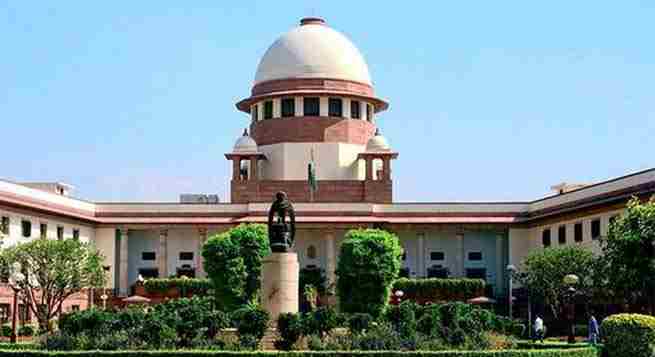After a couple of postponements, the case pertaining to broadcasters’ challenge of sector regulator TRAI’s tariff regulations, was taken up briefly at the Supreme Court on October 1 and, after some directions, was posted for a hearing on November 30. According to information available with the Indianbroadcastingworld.com, when the matter was taken up yesterday for hearing, advocate Mukul Rohatgi, appearing on behalf of Indian Broadcasting and Digital Foundation (IBDF), advanced brief arguments based on the rejoinder filed previously by the TV channels’ body in their petition.
Due to paucity of time, the court posted the matter for final hearing on November 30, while directing the counsels for petitioners and respondents to file written submissions before November 12, 2021.
Respondent Telecom Regulatory Authority of India (TRAI) and one of the petitioners, IBDF, had earlier filed exhaustive counter-reply and rejoinder, respectively.
IBDF, an industry lobbying body for TV channels in India, along with few other petitioners, including individual TV companies, had challenged in the Supreme Court a Bombay High Court order, which upheld regulator TRAI’s powers to make economic regulations, while granting some concession to the TV channels in a case that’s popularly known as New Tariff Order 2.0 (NTO 2.0) case.
In its filing before the apex court, TRAI, while outlining its various reasons for the tariff guidelines, has stated: “The Bouquets prescribed by broadcasters do not give consumers/households/members of the family a choice of varied content at an affordable price. They are created only with a view to increase broadcaster advertising revenue.”
At another place, TRAI has pointed out: “In many cases, the bouquet price artificially has reached such perversity that the bouquet price is cheaper than the Popular/Driver Channel in it. This is an abuse which TRAI as a Regulator cannot ignore…Finally, to make a virtue of a vice, Broadcasters then cite bouquet subscription as evidence of consumer preference/desire.”
The broadcasters’ and other petitioners’ position — apart from other legalities — is that the Mumbai court has “incorrectly” sought to read into Article 19(2), an additional requirement of public interest, when it comes to interpret a broadcaster’s right to freedom of speech and expression under Article 19(1)(a) of the Constitution of India.
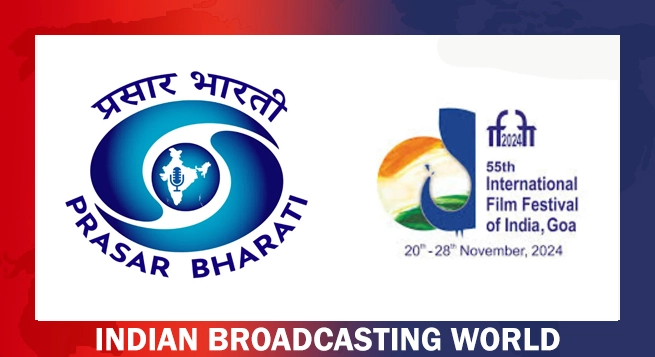 Pubcaster Prasar Bharati’s OTT platform to launch at IFFI Goa
Pubcaster Prasar Bharati’s OTT platform to launch at IFFI Goa  ZEEL’s Punit Goenka steps down as MD, retains role as CEO
ZEEL’s Punit Goenka steps down as MD, retains role as CEO 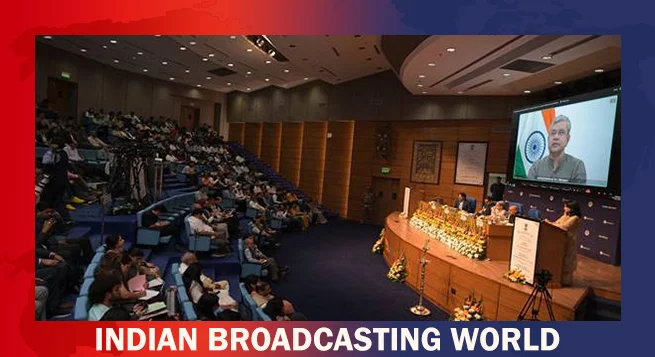 Vaishnaw backs fair compensation for content creators by digital platforms
Vaishnaw backs fair compensation for content creators by digital platforms 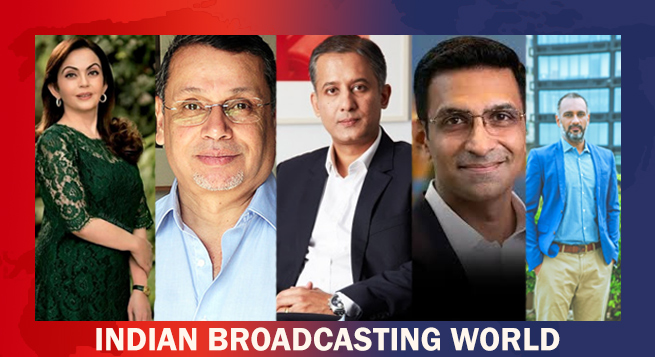 Kevin Vaz, Kiran Mani, Sanjog Gupta to head 3 verticals of JioStar
Kevin Vaz, Kiran Mani, Sanjog Gupta to head 3 verticals of JioStar 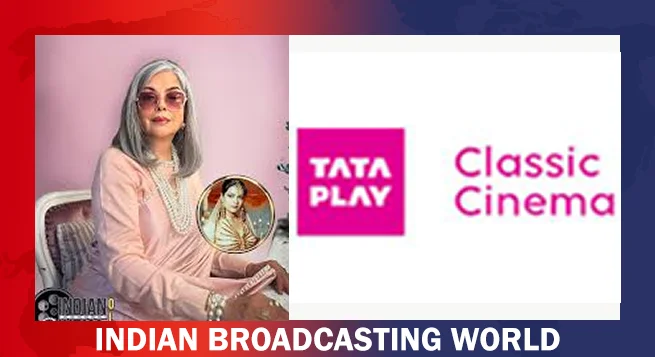 Tata Play Classic Cinema spotlights Zeenat legacy
Tata Play Classic Cinema spotlights Zeenat legacy 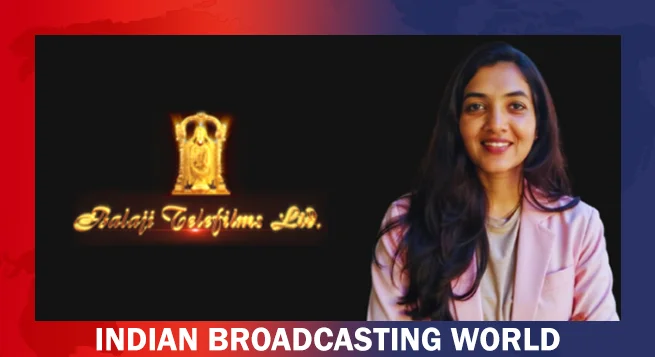 Balaji Tele elevates Ramachandran as digital originals head
Balaji Tele elevates Ramachandran as digital originals head 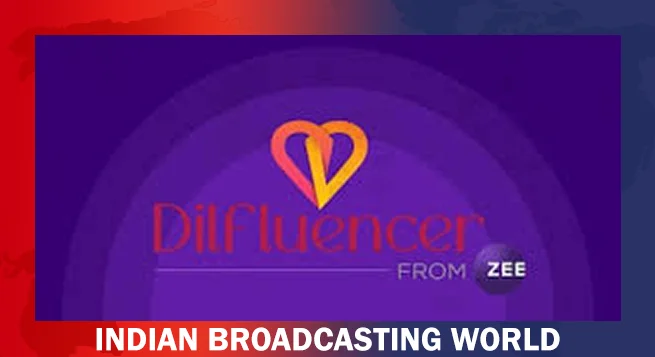 Jackie helms Zee’s new ‘Dilfluencers’ campaign
Jackie helms Zee’s new ‘Dilfluencers’ campaign 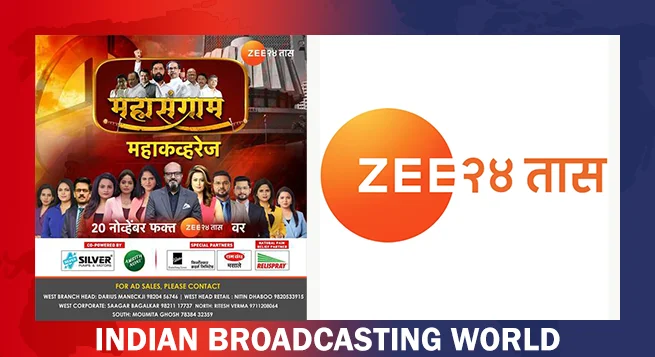 Marathi’s first AI anchor Zeenia returns for ‘Mahasangram’
Marathi’s first AI anchor Zeenia returns for ‘Mahasangram’ 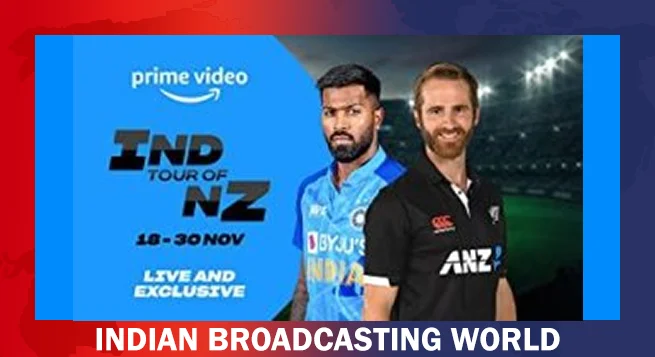 Prime Video India to live stream NZ 2024-25 home series
Prime Video India to live stream NZ 2024-25 home series 


